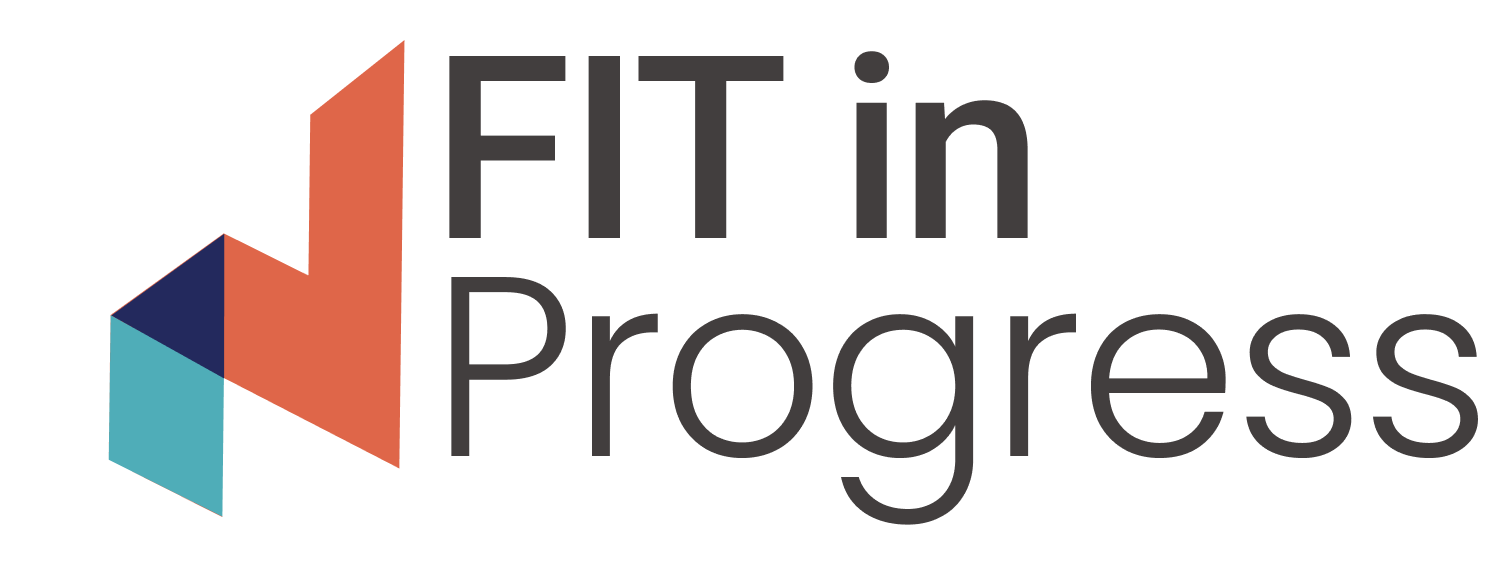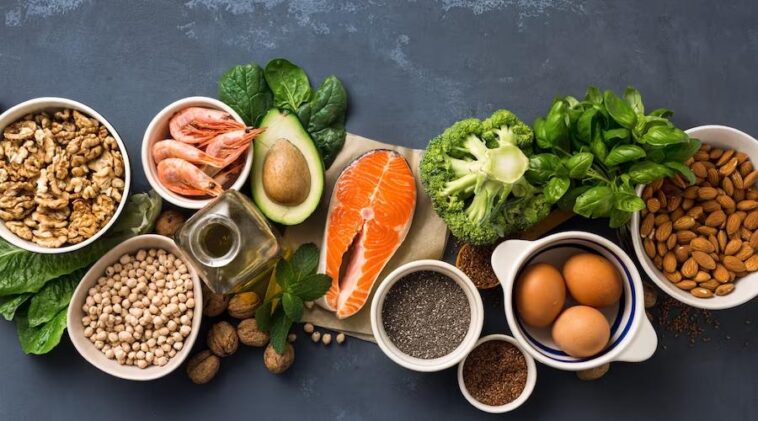If you’re looking to lose weight while also building lean muscle mass, a high protein diet can be an effective way to do so. A 1000 calorie high protein diet is a popular option for those seeking to achieve their weight loss goals. This type of diet can help to suppress appetite, increase metabolism, and maintain muscle mass. However, it’s important to ensure that you’re still getting all the necessary nutrients while consuming a low number of calories.
In this blog post, we will discuss the benefits and risks of a 1000 calorie high protein diet, as well as provide tips and a sample meal plan to help you achieve your weight loss goals.

Introduction to a 1000 Calorie High Protein Diet
A 1000 calorie high protein diet is a type of low calorie diet that focuses on consuming a high amount of protein while restricting overall calorie intake to 1000 calories per day. This type of diet is popular among people who want to lose weight quickly while preserving lean muscle mass. The diet typically includes foods such as lean meats, fish, eggs, low-fat dairy products, and protein supplements.
What is a 1000 Calorie High Protein Diet?
A 1000 calorie high protein diet is a type of diet that limits daily calorie intake to 1000 calories per day while emphasizing the consumption of high protein foods. The goal of this diet is to promote weight loss while preserving muscle mass. High protein foods are known to increase satiety and boost metabolism, making it easier to stick to a low calorie diet. Some popular high protein foods that are included in this diet are lean meats, fish, eggs, low-fat dairy products, legumes, and protein supplements.
How to Determine Your Protein Needs for a 1000 Calorie Diet
Determining your protein needs for a 1000 calorie high protein diet can be done by calculating your daily protein requirements based on your body weight and activity level. Generally, it is recommended to consume at least 1.2 grams of protein per kilogram of body weight per day. For example, a person who weighs 70 kilograms should consume at least 84 grams of protein per day. However, it is important to consult with a healthcare professional or registered dietitian to determine your specific protein needs.
Benefits and Risks of a 1000 Calorie High Protein Diet
Some potential benefits of a 1000 calorie high protein diet include weight loss, increased muscle mass, improved satiety, and improved metabolic function. However, there are also potential risks associated with this type of diet, such as nutrient deficiencies, dehydration, and kidney problems.
It is important to follow a well-balanced diet and consult with a healthcare professional or registered dietitian before starting any new diet. Additionally, this diet may not be appropriate for individuals with certain medical conditions or those who are pregnant or breastfeeding.
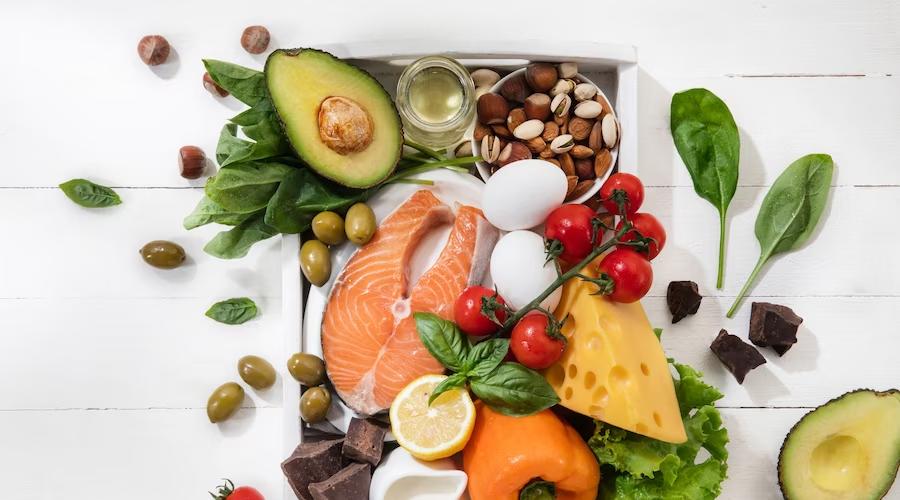
Building a Balanced 1000 Calorie High Protein Meal Plan
Following a 1000 calorie high protein meal plan can be a great way to lose weight and improve your overall health. However, it’s important to make sure that your diet is balanced and includes a variety of nutrient-dense foods. In this section, we will cover some protein-rich foods that you can include in your meal plan, how to calculate macros for a 1000 calorie high protein diet, and provide a sample meal plan to help you get started.
Protein-Rich Foods to Include in a 1000 Calorie Meal Plan
Protein is an essential nutrient that plays many important roles in the body, including building and repairing tissues, producing enzymes and hormones, and supporting immune function. Here are some high protein foods that you can include in your 1000 calorie meal plan:
- Chicken breast: 3 ounces of cooked chicken breast provides around 26 grams of protein.
- Turkey breast: 3 ounces of cooked turkey breast provides around 25 grams of protein.
- Fish: salmon, tuna, and other types of fish are great sources of protein, with around 20-25 grams per 3-ounce serving.
- Eggs: 1 large egg provides around 6 grams of protein.
- Greek yogurt: a 6-ounce serving of Greek yogurt provides around 15 grams of protein.
- Legumes: lentils, chickpeas, and black beans are great sources of protein for vegetarians, with around 9-13 grams per half-cup serving.
- Tofu: 3 ounces of tofu provides around 8 grams of protein.
How to Calculate Macros for a 1000 Calorie High Protein Diet
To ensure that you’re getting the right amount of protein, fat, and carbohydrates on a 1000 calorie high protein diet, it’s important to calculate your macronutrient needs. Here’s how to do it:
- Determine your daily calorie needs: There are many online calculators that can help you estimate your daily calorie needs based on your age, gender, weight, height, and activity level.
- Determine your protein needs: The amount of protein you need depends on your weight, activity level, and health goals. As a general guideline, aim for at least 0.8 grams of protein per kilogram of body weight per day.
- Calculate your protein intake: Multiply your daily calorie needs by the percentage of calories you want to get from protein. For example, if you want 30% of your calories to come from protein, multiply your daily calorie needs by 0.3. Then, divide that number by 4 (since there are 4 calories in 1 gram of protein) to get the number of grams of protein you should aim for each day.
Sample 1000 Calorie High Protein Meal Plan
Here’s an example of what a 1000 calorie high protein meal plan could look like:
- Breakfast: 2 scrambled eggs with 1 slice of whole grain toast and 1/2 cup of berries (250 calories, 18 grams of protein)
- Snack: 1/4 cup of almonds and an apple (200 calories, 8 grams of protein)
- Lunch: Grilled chicken breast with a side salad (3 cups of greens, 1/2 cup of cherry tomatoes, 1/4 cup of sliced cucumber, 2 tablespoons of balsamic vinaigrette) (250 calories, 25 grams of protein)
- Snack: Greek yogurt with 1/2 cup of sliced strawberries (150 calories, 15 grams of protein)
- Dinner: Grilled salmon with roasted vegetables (1 cup of broccoli, 1
High Protein Snack Ideas for a 1000 Calorie Diet
Snacking can be a challenge when you’re trying to stick to a 1000 calorie high protein diet. It’s important to choose snacks that are high in protein and low in calories to keep you full and satisfied between meals. Here are some healthy snack ideas that fit the bill:
Healthy Snack Ideas for a 1000 Calorie High Protein Diet
- Hard-boiled eggs
- Greek yogurt with berries
- Edamame
- Roasted chickpeas
- Turkey jerky
- Cottage cheese with cucumber slices
- Hummus with carrot sticks
How to Stay Full Between Meals on a 1000 Calorie High Protein Diet
In addition to choosing high protein snacks, there are other ways to stay full between meals on a 1000 calorie high protein diet. Here are some tips:
- Drink plenty of water throughout the day to help fill you up and prevent dehydration
- Eat slowly and mindfully to give your body time to register that you’re full
- Choose high fiber foods, like vegetables and legumes, which are filling and low in calories
- Include healthy fats, like nuts and seeds, in your meals and snacks, as they can help keep you full and satisfied
Preparing and Packing High Protein Snacks for On-the-Go
When you’re on the go, it can be challenging to find healthy high protein snacks. The key is to plan ahead and pack your own snacks. Here are some ideas:
- Pre-portioned bags of nuts or trail mix
- Hard-boiled eggs
- Beef or turkey jerky
- Greek yogurt with a side of fruit
- Protein bars (look for ones that are low in sugar and high in protein)
- String cheese with apple slices
- Roasted chickpeas
By incorporating these healthy snack ideas and strategies into your 1000 calorie high protein diet, you can stay on track and reach your health and fitness goals.
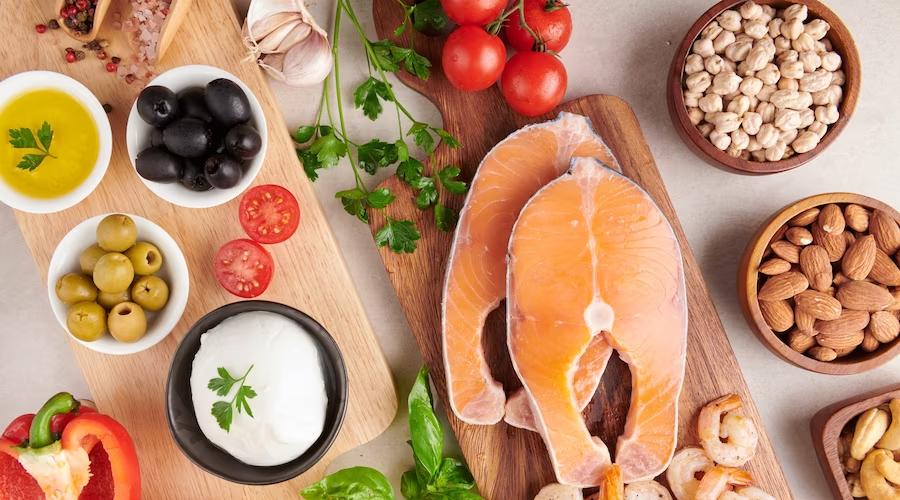
Supplements to Consider for a 1000 Calorie High Protein Diet
Supplements can be a useful addition to a high protein diet, providing additional protein and other beneficial nutrients. However, it is important to consult with a healthcare professional before starting any new supplement regimen. Here are some supplements to consider for a 1000 calorie high protein diet:
Whey Protein: Benefits, Dosage, and Risks
Whey protein is a popular supplement among athletes and fitness enthusiasts due to its high protein content and fast absorption rate. It can be added to smoothies, oatmeal, or other foods to increase protein intake. Some potential benefits of whey protein include increased muscle growth and repair, improved immune function, and reduced inflammation.
However, it is important to choose a high-quality, reputable brand and to be mindful of potential allergies or sensitivities. It is also important to not exceed the recommended dosage, as excessive protein intake can lead to kidney damage.
Creatine: Benefits, Dosage, and Risks
Creatine is a naturally occurring compound found in muscle cells that helps produce energy during high-intensity exercise. It can also be taken as a supplement to increase muscle mass and improve exercise performance. Some potential benefits of creatine include increased strength and power, improved muscle recovery, and improved brain function.
However, it is important to follow recommended dosages and to stay hydrated while taking creatine, as it can cause dehydration if not taken properly. It is also important to note that creatine may not be suitable for everyone, especially those with kidney problems.
Other Supplements to Consider on a 1000 Calorie High Protein Diet
Other supplements that may be beneficial for a high protein diet include omega-3 fatty acids, which can help reduce inflammation and improve heart health, and vitamin D, which can help with bone health and immune function. However, it is important to consult with a healthcare professional before starting any new supplement regimen, as certain supplements may interact with medications or have potential side effects.
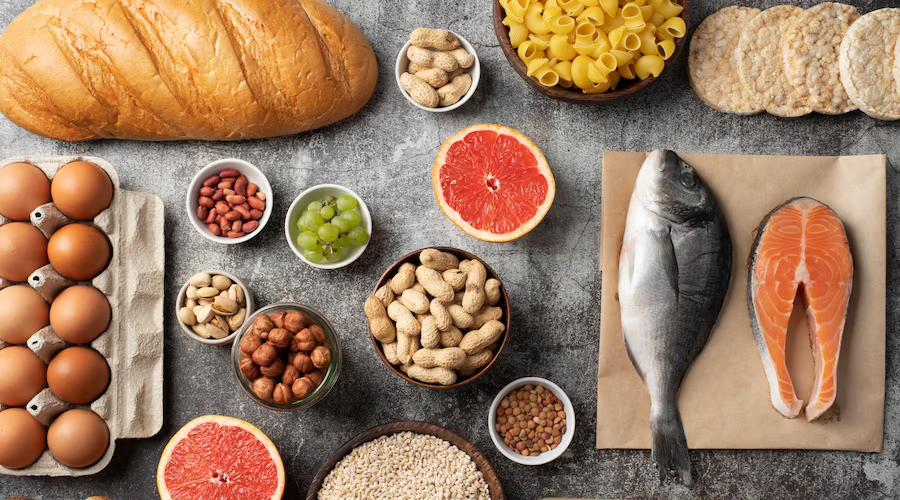
Overcoming Common Challenges on a 1000 Calorie High Protein Diet
When following a 1000 calorie high protein diet, there are common challenges that can arise and make it difficult to stick to the plan. One of the biggest challenges is dealing with hunger and cravings, especially in the beginning when the body is adjusting to the lower calorie intake. Another challenge is digestive issues that can arise from a sudden increase in protein consumption. These issues can include constipation, bloating, and gas.
Combating Hunger and Cravings on a 1000 Calorie High Protein Diet
One of the biggest challenges of a 1000 calorie high protein diet is dealing with hunger and cravings. However, there are some strategies you can use to help combat these issues and stay on track with your diet:
- Eat plenty of fiber-rich foods such as fruits, vegetables, and whole grains to help you feel fuller for longer.
- Choose high-protein snacks such as nuts, Greek yogurt, or protein bars to help satisfy hunger between meals.
- Stay hydrated by drinking plenty of water throughout the day. Sometimes thirst can be mistaken for hunger.
- Practice mindful eating by slowing down and savoring each bite. This can help you feel more satisfied with your meals and reduce the urge to snack.
Dealing with Digestive Issues on a High Protein Diet
Another challenge of a high protein diet is dealing with digestive issues such as constipation or diarrhea. Here are some tips to help alleviate these issues:
- Drink plenty of water to help keep things moving through your digestive system.
- Incorporate fiber-rich foods such as fruits, vegetables, and whole grains into your diet to help promote regularity.
- Avoid high-fat or spicy foods that can exacerbate digestive issues.
- Consider taking a probiotic supplement to help promote healthy gut bacteria and aid in digestion.
Staying Motivated and Consistent on a 1000 Calorie High Protein Diet
Staying motivated and consistent on a 1000 calorie high protein diet can be challenging, but there are some strategies that can help:
- Set realistic goals and track your progress to help keep you motivated.
- Find a support system such as a friend or family member who can offer encouragement and accountability.
- Plan ahead by meal prepping and having healthy snacks on hand to help you stay on track with your diet.
- Mix up your meals and try new recipes to prevent boredom and keep things interesting.
FAQ
It depends on the individual’s age, gender, weight, activity level, and health status. For some people, a 1000 calorie diet may not provide enough nutrients and calories to support their daily needs. It is always important to consult with a healthcare professional before starting any new diet.
The recommended daily protein intake varies depending on the individual’s body weight and activity level. Generally, it is recommended to consume 1.2-1.6 grams of protein per kilogram of body weight per day. For a 1000 calorie high protein diet, this would amount to roughly 75-100 grams of protein per day.
Yes, it is possible to lose weight on a 1000 calorie high protein diet if it creates a calorie deficit. However, it is important to ensure that the diet is nutritionally balanced and provides all essential nutrients. Additionally, weight loss should be done under the supervision of a healthcare professional.
Good sources of high protein foods for a 1000 calorie diet include lean meats, poultry, fish, eggs, dairy products, legumes, nuts, and seeds.
